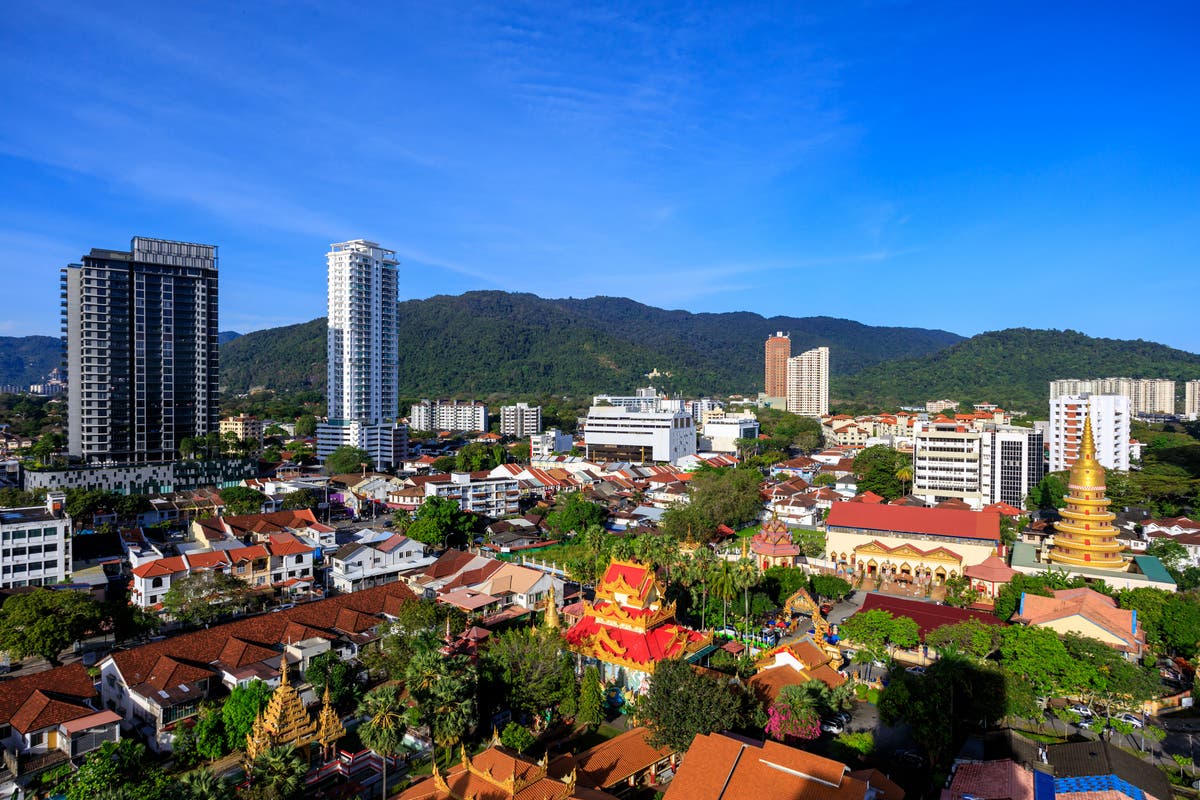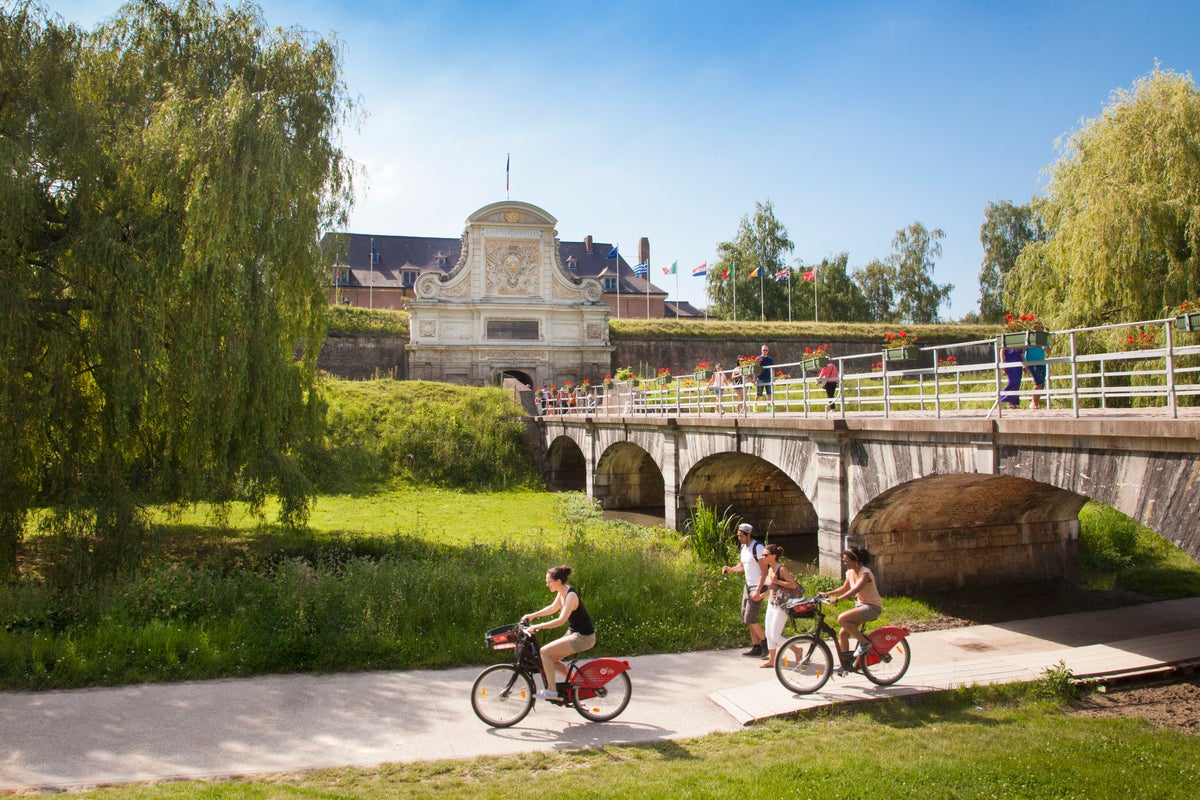Malaysian island becomes first tourist destination in Southeast Asia to ban Airbnb
‘We believe that short-term rental should be regulated fairly and progressively to enable everyday Malaysians to share their homes,’ says accommodation platform

Sign up to Simon Calder’s free travel email for expert advice and money-saving discounts
Get Simon Calder’s Travel email
The Malaysian island of Penang has become the latest popular tourism destination to introduce curbs on short-term holidays rentals, such as Airbnb properties.
The ban on this type of accommodation, which has come into force immediately, has been in discussion for more than a year.
It is the first tourist hotspot in Southeast Asia to take such measures, reports the South China Morning Post.
Florence and New York City have taken similar steps in recent weeks.
The state government has said it is responding to complaints about badly behaved tourists affecting residents who live in buildings that are offered as holiday lets. According to SCMP, signs discouraging short-terms rentals were a common sight before the government started considering the ban.
The regulations mean that only commercial properties, such as serviced apartments and certain categories of office, can continue hosting short-term guests, but this is subject to registration, annual fees and mandatory approval from 75 per cent of the other residents in their building. Guests will only be allowed to stay in approved units for up to three days.
The Independent has contacted Airbnb for comment.
Last year, the worldwide holiday rental platform launched its Penang Untuk Semua (Penang for Everyone) campaign, advocating for rules to be put in place but warning that an outright ban would restrict the ability of Malaysians to share their homes.
Mich Goh, Airbnb’s head of public policy for Southeast Asia, India, Hong Kong and Taiwan, said: “Hosting has helped so many of our Hosts in Penang and around the world make ends meet and earn supplemental income.
“We believe that short-term rental should be regulated fairly and progressively to enable everyday Malaysians to share their homes without excessive barriers, especially as they navigate the rising costs of living.”
The chief minister of Penang, Chow Kon Yeow, has said that tourism will not be affected and that there is already enough accomodation to meet demand, reports The Vibes.
Penang is one of Malyasia’s most popular areas. According to tourism officials, more than seven million people visit each year, with half of those from overseas.
The ban does not affect Seberang Perai, the mainland part of Penang state, though it’s understood that the restricted area could be expanded.
Last week, the Italian city of Florence announced a ban on new short-term private holiday rentals, such as Airbnb listings, in the Renaissance city’s historic centre.
Meanwhile, Airbnb is suing New York City over new rules that the company says impose arbitrary restrictions that would greatly reduce the supply of short-term rentals.
It follows a recent trend of destinations discouraging unruly tourists.

 Tfoso
Tfoso 























.jpg&h=630&w=1200&q=100&v=a905e78df5&c=1)








